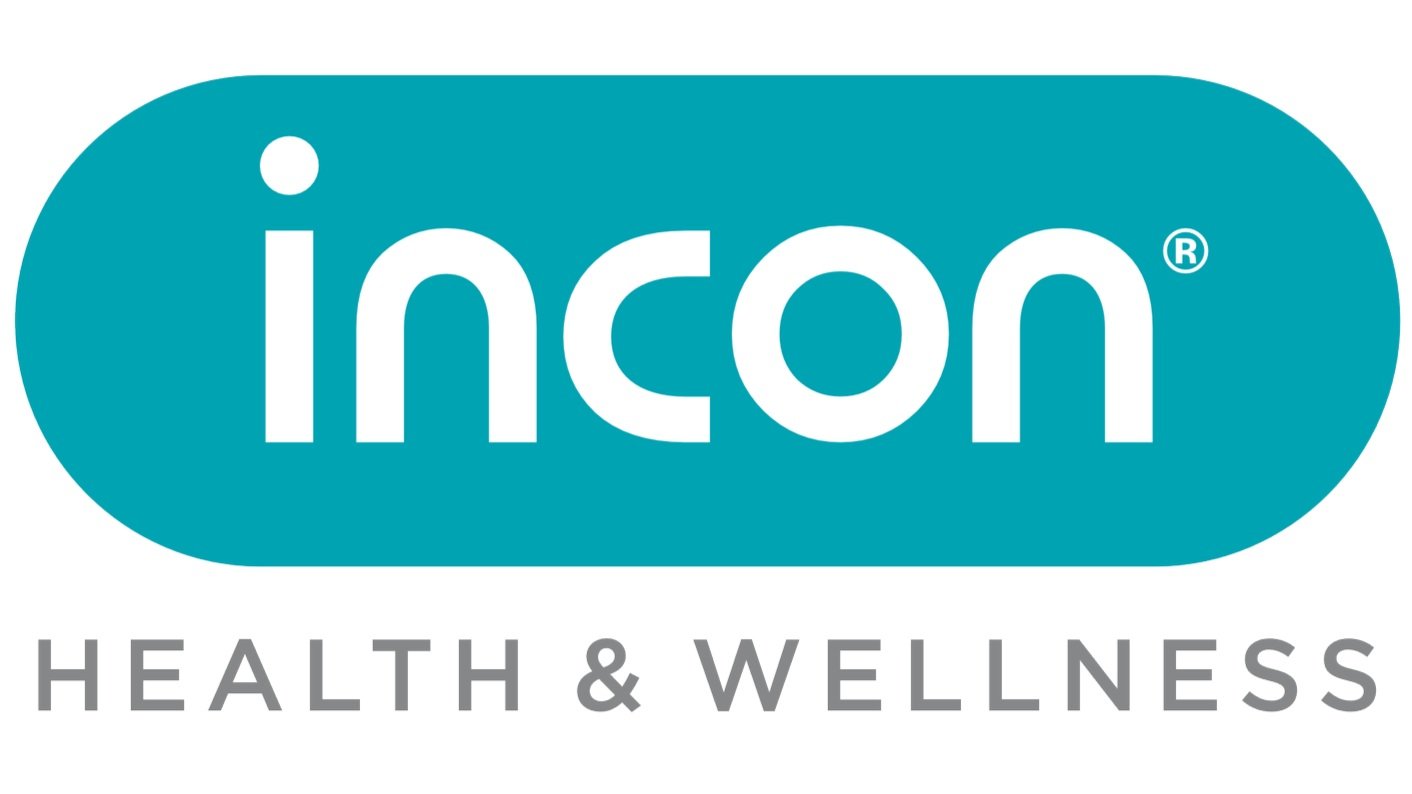Managing Executive Health
In today's business environment, executives' well-being directly impacts an organisation's success. Managing executive health goes beyond individual well-being; it correlates with productivity, decision-making, and overall performance. Here's why it matters:
Role Model and Cultural Impact: Executives influence company culture as role models. Prioritising their health encourages employees to do the same, fostering higher engagement and productivity.
Enhanced Performance and Decision-Making: Healthy executives perform at their peak. By managing physical, mental, and emotional well-being, they optimise cognitive abilities, creativity, and resilience for effective decision-making and strategic thinking.
Stress Reduction and Work-Life Balance: Executive roles come with high stress levels. Managing health mitigates stress, enabling a healthier work-life balance, reducing burnout, and boosting job satisfaction.
Succession Planning and Longevity: Managing executive health ensures organisational longevity. Supportive measures develop capable leaders, minimising leadership gaps, and promoting sustainability.
Reputation and Stakeholder Confidence: Executive well-being impacts an organisation's reputation. Prioritising health demonstrates ethical leadership and responsible governance, attracting top talent, investors, and clients.
In conclusion, managing executive health is vital for a positive culture, enhanced performance, stress reduction, and organisational success. It's an investment yielding significant returns.
I

